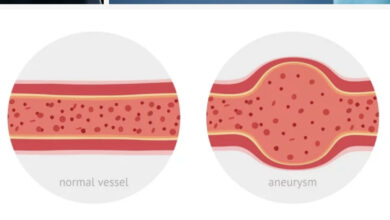DEMENTIA AWARENESS IN ELDERLY INCREASING.

Alzheimer’s disease and other dementias have received a lot of attention in the past twenty years. Very little progress has been made, though, in changing the course of these disorders, but families, physicians, and health service provider organizations (nursing homes, hospice, home health care agencies, etc.) are much better at recognizing dementias and seeking help. Awareness of the signs, symptoms, and behaviors found in dementia patients has become an important factor in end-of-life care. The increased recognition of dementia has resulted in it going from “the 8th leading cause of death in the U.S. in 2000 to the 6th in 2018.” That’s quite significant!
A very extensive study of outpatient and inpatient health records, professional service claims information, and hospice and home health records of 3.5 million patients, found that between 2004 and 2017 (14 years), patients who died with the diagnosis of Alzheimer’s, or another dementia, increased by 36%. In 2004, just over one third of patients (34.7%) had dementia at the time of death. In 2017, that statistic increased to almost half (47.2%). For people who died at age 85 or older, the percentages were 46.9% (2004) and 61.6% (2017), the average surpassing 50%.
That means that at the time of death, nearly half of the Americans 85 years or older had a dementing illness of one kind or another. This statistic has evolved over time and is due to one or both of the following:
- People are living longer and reach an age where dementia naturally develops OR
- Caregivers and families have a much greater awareness of cognitive decline and are more proactive in detecting it.
I think both are in play here. Both have a role in increasing Alzheimer’s dementia as well as other dementias.
Some of this is just statistical gymnastics, but it is a fact that we are seeing more cases of dementing illness among our elderly population. New memory care facilities are opening all over the country, and for this to be necessary, dementing conditions have to be the motivating factor. It’s such a shame that some people just live too long, but thankfully, we’re not able to determine ahead of time who those people are.
Alzheimer’s disease is a terrible disorder. It ruins the lives of individuals and the families and caregivers of those individuals. As people get older, their chances of acquiring a dementia increase, significantly. A greater public awareness and recognition of it has resulted in an increase in case statistics, especially at the time of death. We know there is only supportive care available for these patients and that drugs to reverse the disease or cause remission don’t exist. We have to hope that medical science can develop a drug that is both affordable and effective at reversing dementia symptoms.
Reference: Davis MA, Chang C-H, Simonton S, Bynum JPW. Trends in U.S. Medicare Decedents’ Diagnosis of Dementia from 2004-2017. JAMA Health Forum 2022;3(4):e220346.




